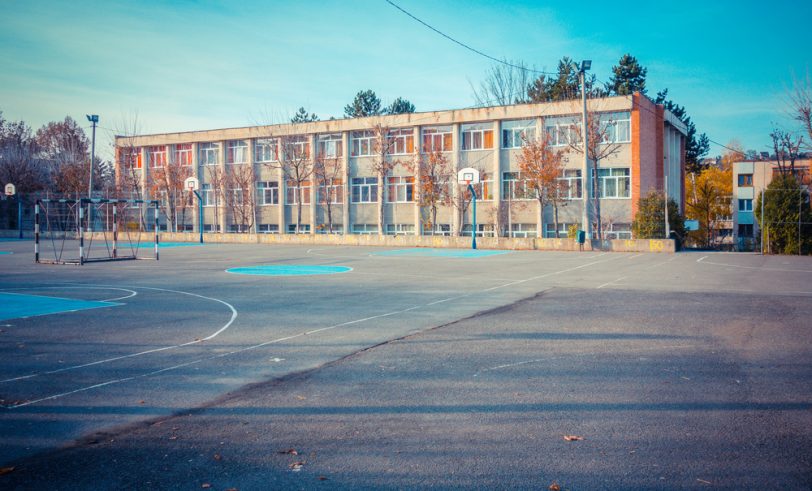This morning, the U.S. Supreme Court handed down its ruling in the case of Espinoza v. Montana Department of Revenue. The court held that Montana could not restrict participants in a tax-credit scholarship program from using the scholarship funds to attend private religious schools.
The ruling finally puts to rest whether states can discriminate against religious schools in state-funded scholarship programs. Until now, states have relied upon constitutional amendments—born from an idea conceived by Congressman James Blaine nearly 150 years ago—to prevent any public money from going to religious schools. These so-called “Blaine Amendments” were primarily about discriminating against Catholic schools at a time when the Protestant majority was concerned about Catholic immigration. But no more.
And if you don’t think parents want to be able to find the school that’s best for their children, then you haven’t met Kathy Espinoza. Her years-long fight for her children went all the way to the Supreme Court of the United States. Now it’s settled. But just because the legal question is settled doesn’t mean there isn’t still much work to be done. States still need to act, and lawmakers should recognize that parents want and deserve school choice, regardless of school type.
It’s likely that there will be a lot of unhappy parents this fall as districts begin to release their reopening plans. Missouri has over 25,000 available private school seats; some are in religious schools, and some are in secular schools. This ruling means the Missouri Legislature could let parents access these seats by creating scholarship programs that would allow families to choose the best education for them. As of today, lawmakers are out of excuses.


.jpg)
